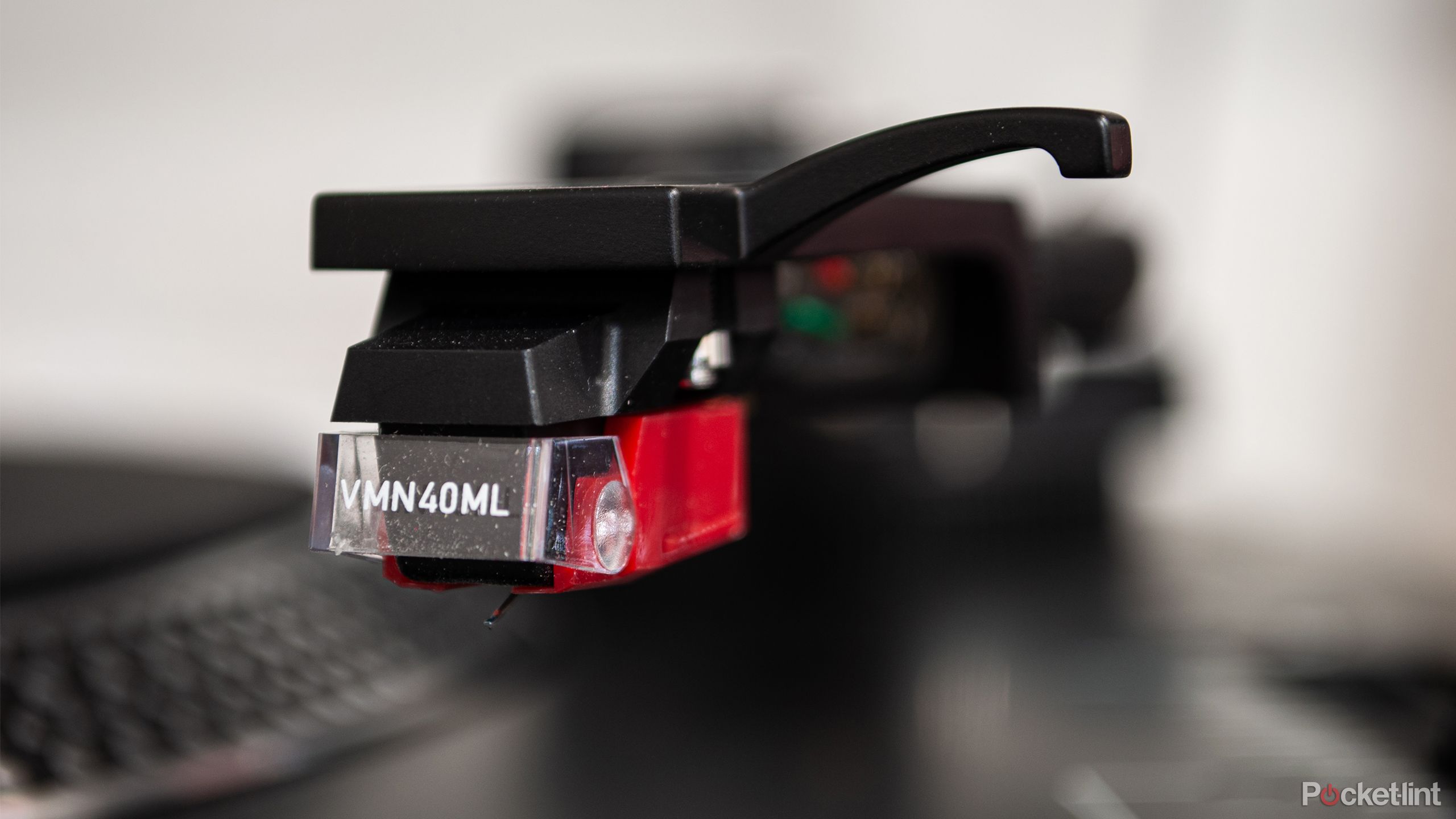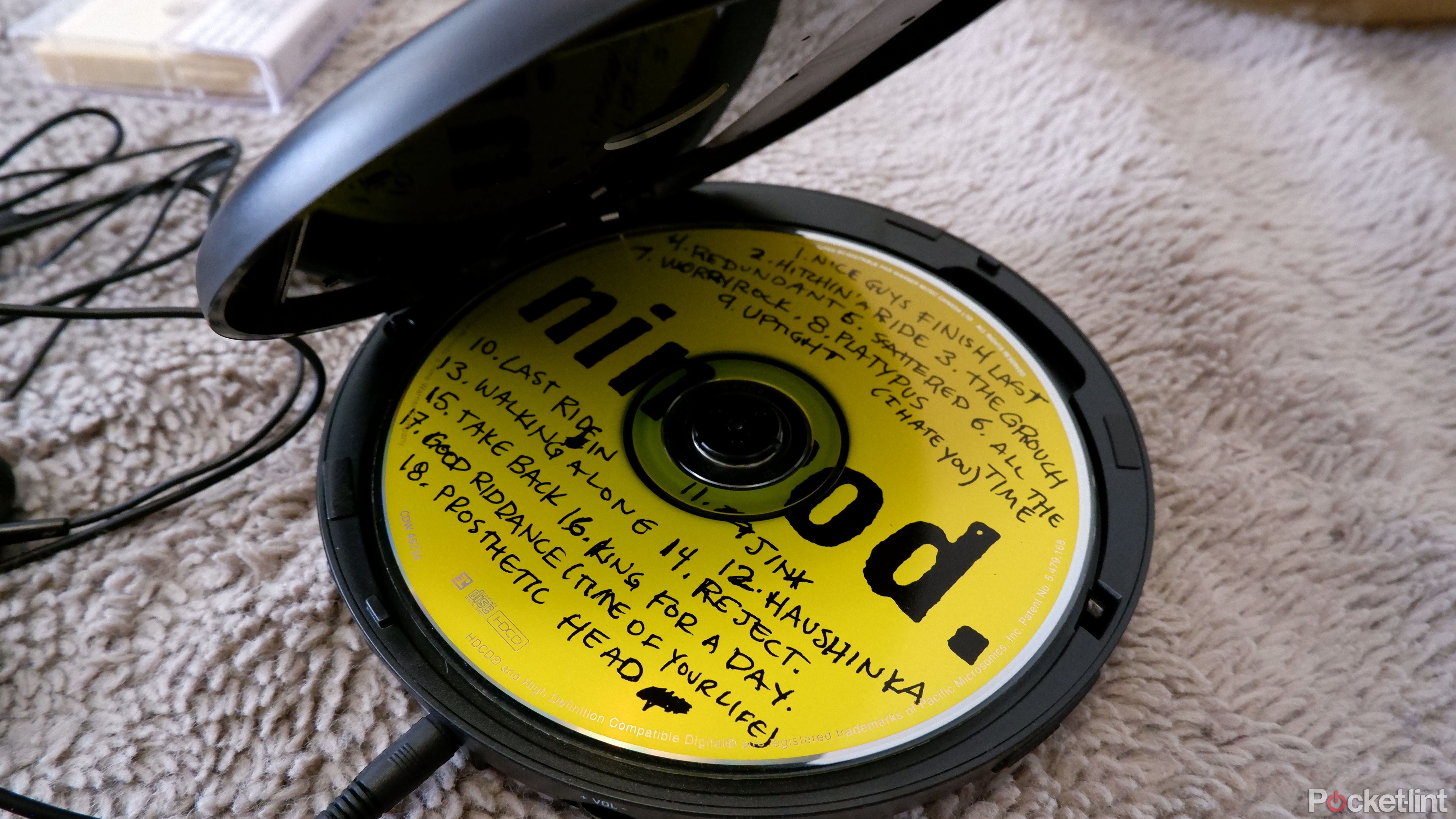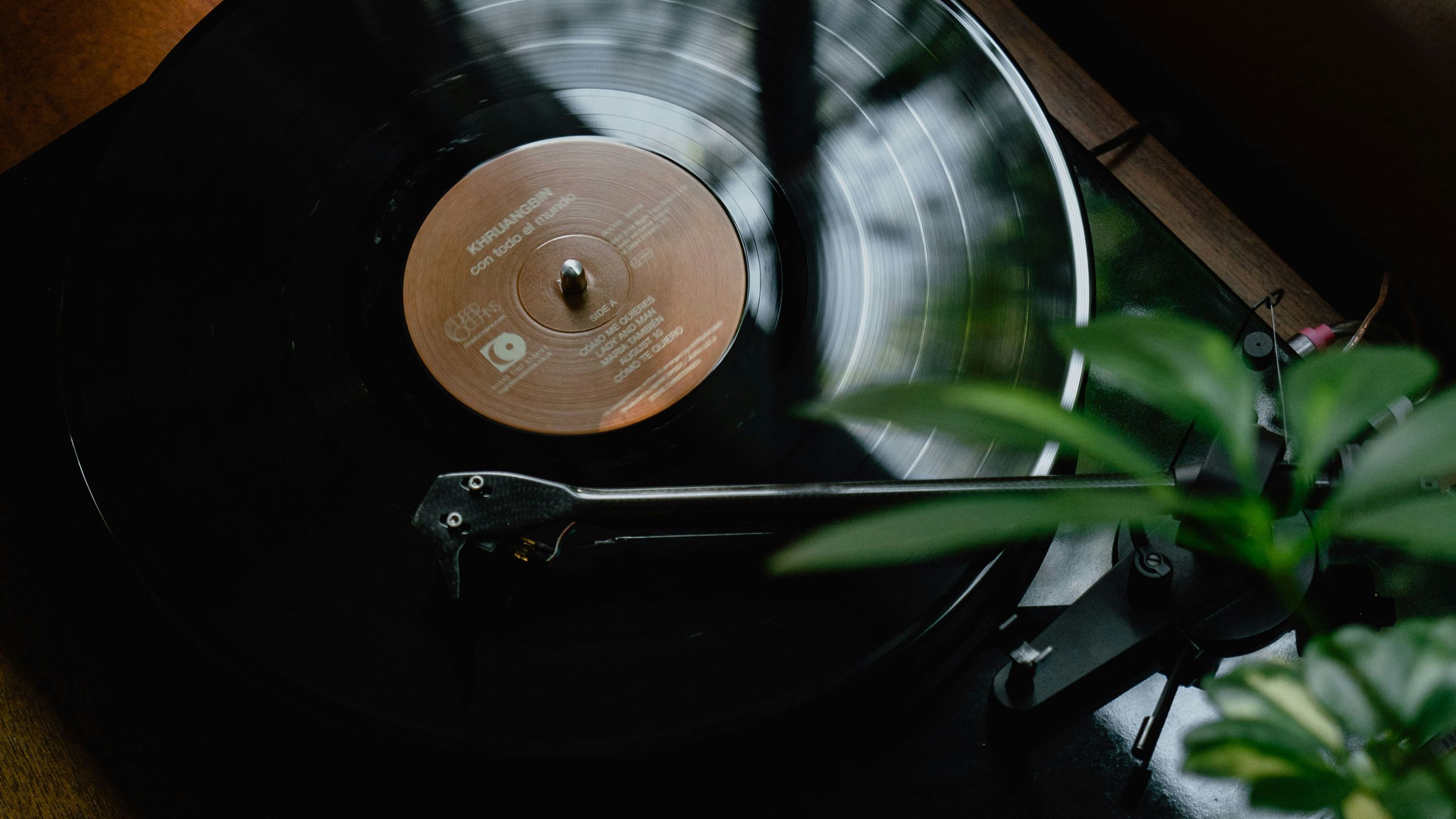Key Takeaways
- Whereas CDs can last anywhere from 20 to 100 years, vinyl should last up to 100 under the right conditions.
- Vinyl is more delicate and requires special care.
- Choose vinyl if you want a cool artifact that you can listen to occasionally.
While lossless digital files are the way to go if you care about maximum quality, a lot of us still have CD and vinyl libraries. Some people are buying new albums this way, too, whether because they prefer physical ownership or just enjoy excellent artwork. Some collectors shell out for new turntables and speakers to achieve audio bliss.
If there’s one major downside to CDs and vinyl however, it’s longevity — you may have to buy (or make) an extra copy of an album at some point if you want it to last your entire life. Which medium should you choose if lifespan is the biggest factor?
Related
If you’re new to turntables, here are 4 essentials to any beginner’s setup
As a vinyl enthusiast, these are the 4 accessories you’ll want in your beginner vinyl set-up base on my ears.
CDs vs vinyl
The ideal lifespan
In terms of projected durability, vinyl wins. A 2003 estimate puts the lifespan of vinyl records at 100 years, assuming reasonable usage and storage. There will be more to say about that in the next section, but 100 years does seem achievable on paper, given that my family still owns fragile shellac discs from before 1912. We won’t know about vinyl for sure until 2030, since the first vinyl LPs were released in 1930.
While that 2003 estimate puts the lifespan of CDs at around 30 years — less time than the medium has even been around — the Canadian Conservation Institute notes that longevity depends on the particular version of the technology. Read-only audio CDs may hold out for 50 to 100 years, and CD-Rs with phthalocyanine dye and gold metal could last over a century. Other CD-R formats, such as CD-RWs, are forecast to last between 20 and 50 years.
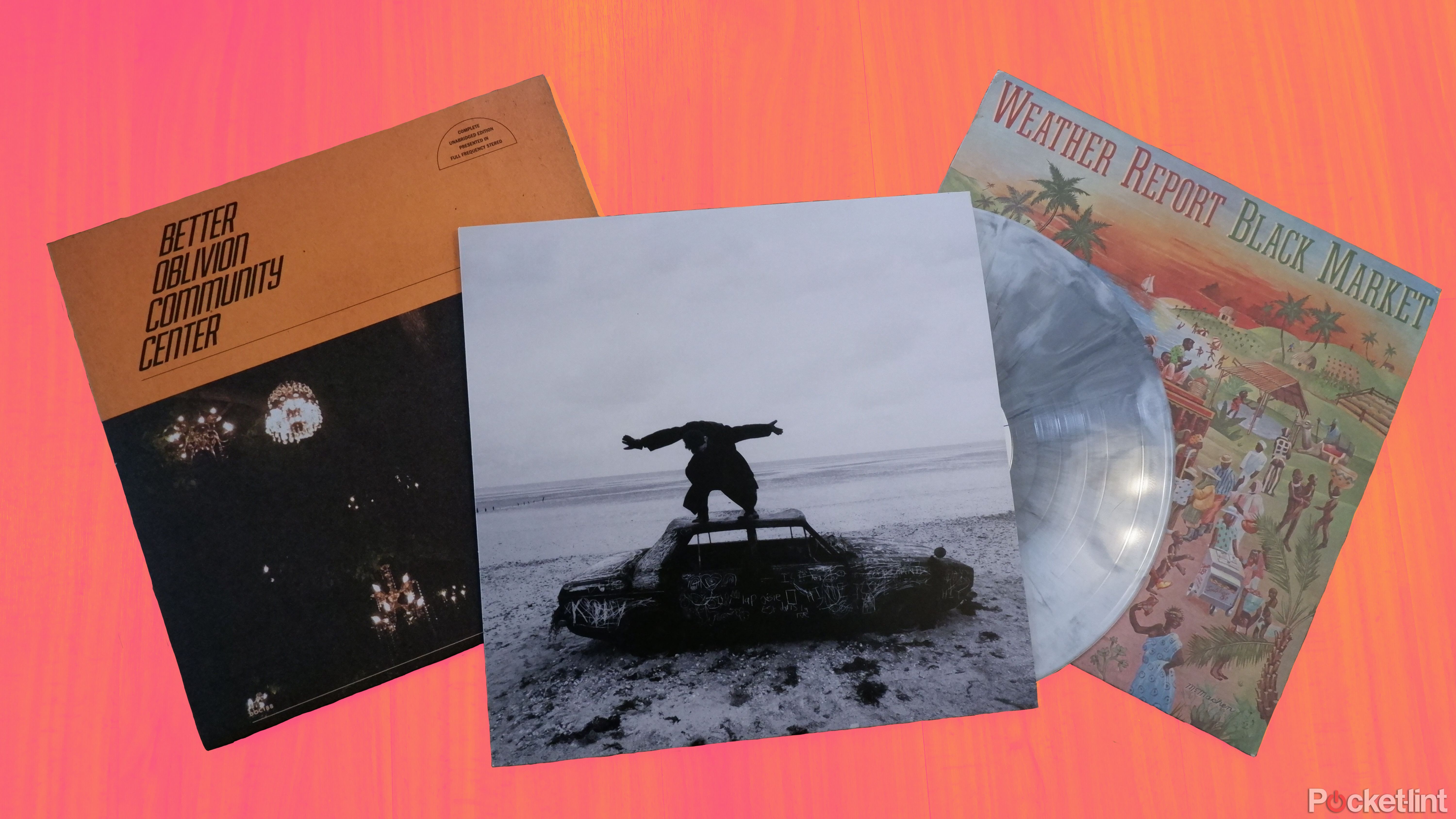
Related
My favorite 6 places to buy vinyl online
You don’t have to search endlessly through record stores to find the vinyl you’re looking for.
CDs vs vinyl: Real-world lifespan
Now for the reality check
In practice, vinyl records can become unlistenable well before CDs. It’s inherent to the medium — turntables use needles, so a record that’s on frequent rotation will develop more and more damage until it’s not worth listening to anymore. Being laser-based, CDs often sound just as good the 500th time you play them as the first.
Vinyl also tends to be more sensitive to heat and humidity, which can warp a record if you’re not careful. A dehumidifier is a must if you’re living somewhere like Florida or Louisiana. In fact, a humid environment may further affect the static charge of a record, filling its grooves with dust if it’s sitting around for long stretches of time. In rare scenarios, your records could fall prey to “vinyl rot,” i.e. a mold infestation.
Just one deep scratch can render a CD unreadable.
CDs have their own vulnerabilities, of course, such as scratches and cracking. It’s also possible to scratch and crack vinyl, but since CDs are meant to be portable, they’re often exposed to threats more frequently. Just one deep scratch can render a CD unreadable, and lighter ones may trigger high-pitched “blips” that hurt your ears.
Lastly, CDs are susceptible to a phenomenon called “disc rot,” though it’s very different from vinyl rot. It’s caused by chemical deterioration, say by aluminum oxidation or long-term exposure to UV rays. That’s why CDs with gold reflective layers last so long — they’re less vulnerable to chemical corrosion.
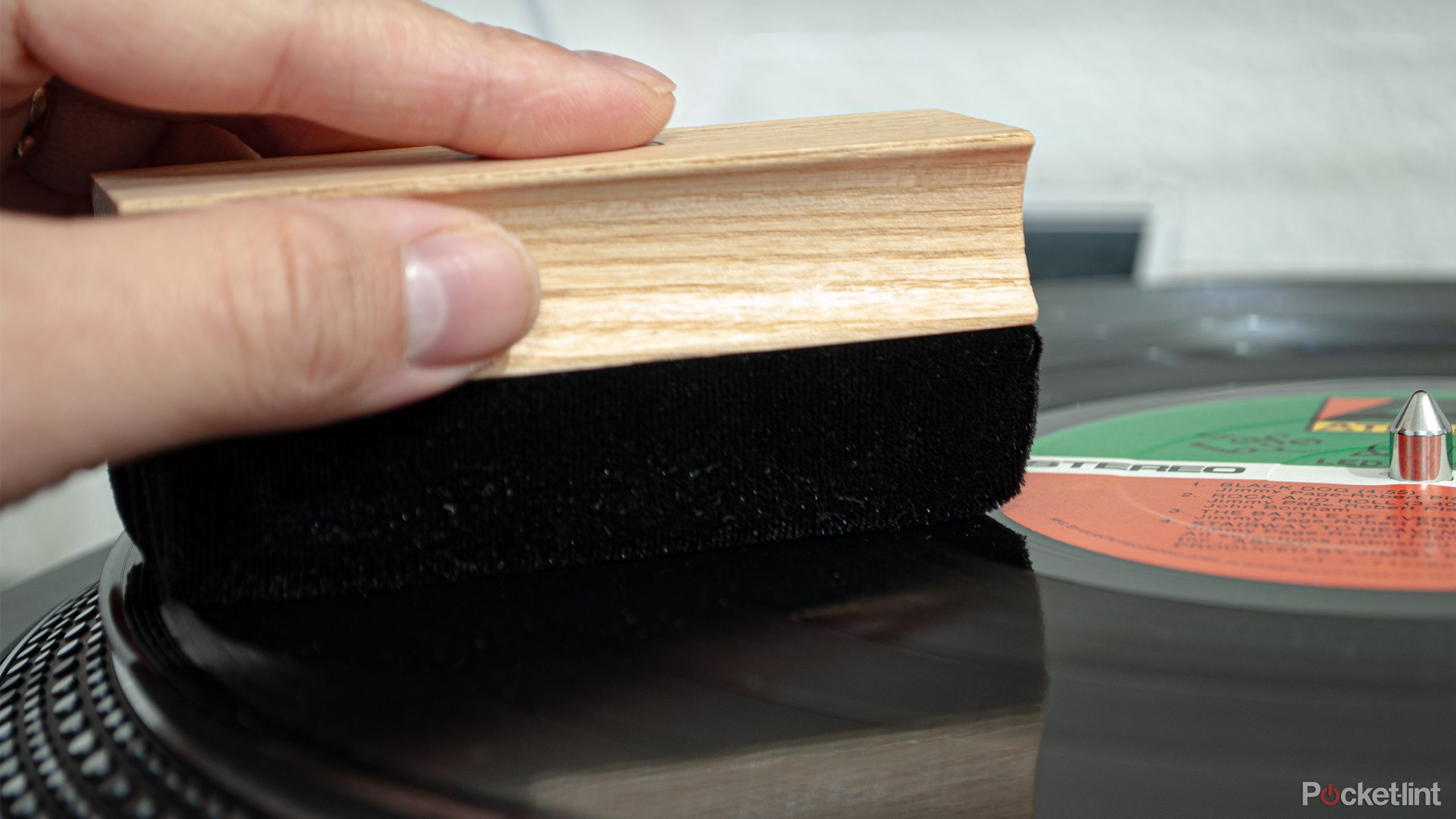
Related
4 tips for keeping your vinyls and turntables sounding and looking great
As a vinyl enthusiast, I’ve kept my records in top-tier shape over the years by adhering to these four maintenance guidelines.
Which one should you choose?
A true audiophile dilemma
Unsplash
Buying now, you’re probably better off with vinyl. Few people listen to physical media enough to do serious damage, so you might as well go for the long-term reliability of vinyl, not to mention its “warm” sound and visual appeal. Vinyl sleeves are popular as wall art — CD liners aren’t. Some people do put CDs on their walls, but vinyl looks even better if you don’t care about playing the music.
That said, there’s extra thought and care involved in maintaining a vinyl collection, which isn’t for everyone. Indeed, you might not want to bother with preservation period if you’re not planning to hand albums down to your kid. Ask yourself — are you really expecting to listen to that Rush or Taylor Swift record 20 years from now? 50 years? By then we might be pumping whole catalogs of music into our brains, never mind fishing a dusty pop record out of a box.
Go with CDs only if you have a particular fascination with them and/or you plan to listen to them often.
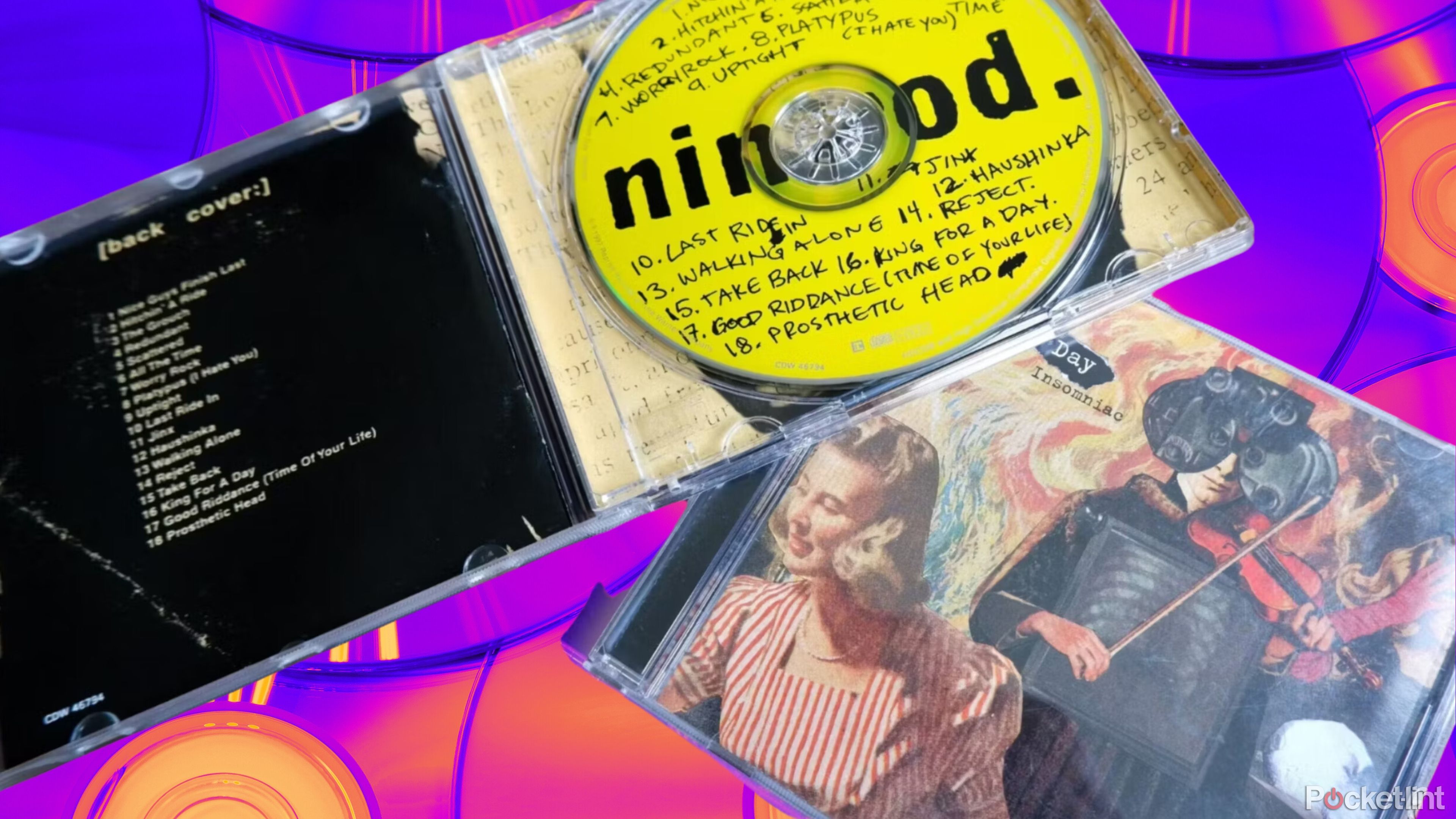
Related
8 reasons to spin CDs over records
Vinyl records have been the aesthetic everyone’s been chasing lately, but don’t count out the CD’s “retro tech” vibe.
Trending Products

Cooler Master MasterBox Q300L Micro-ATX Tower with Magnetic Design Dust Filter, Transparent Acrylic Side Panel, Adjustable I/O & Fully Ventilated Airflow, Black (MCB-Q300L-KANN-S00)

ASUS TUF Gaming GT301 ZAKU II Edition ATX mid-Tower Compact case with Tempered Glass Side Panel, Honeycomb Front Panel…

ASUS TUF Gaming GT501 Mid-Tower Computer Case for up to EATX Motherboards with USB 3.0 Front Panel Cases GT501/GRY/WITH Handle

be quiet! Pure Base 500DX ATX Mid Tower PC case | ARGB | 3 Pre-Installed Pure Wings 2 Fans | Tempered Glass Window | Black | BGW37

ASUS ROG Strix Helios GX601 White Edition RGB Mid-Tower Computer Case for ATX/EATX Motherboards with tempered glass, aluminum frame, GPU braces, 420mm radiator support and Aura Sync

CORSAIR 7000D AIRFLOW Full-Tower ATX PC Case – High-Airflow Front Panel – Spacious Interior – Easy Cable Management – 3x 140mm AirGuide Fans with PWM Repeater Included – Black


